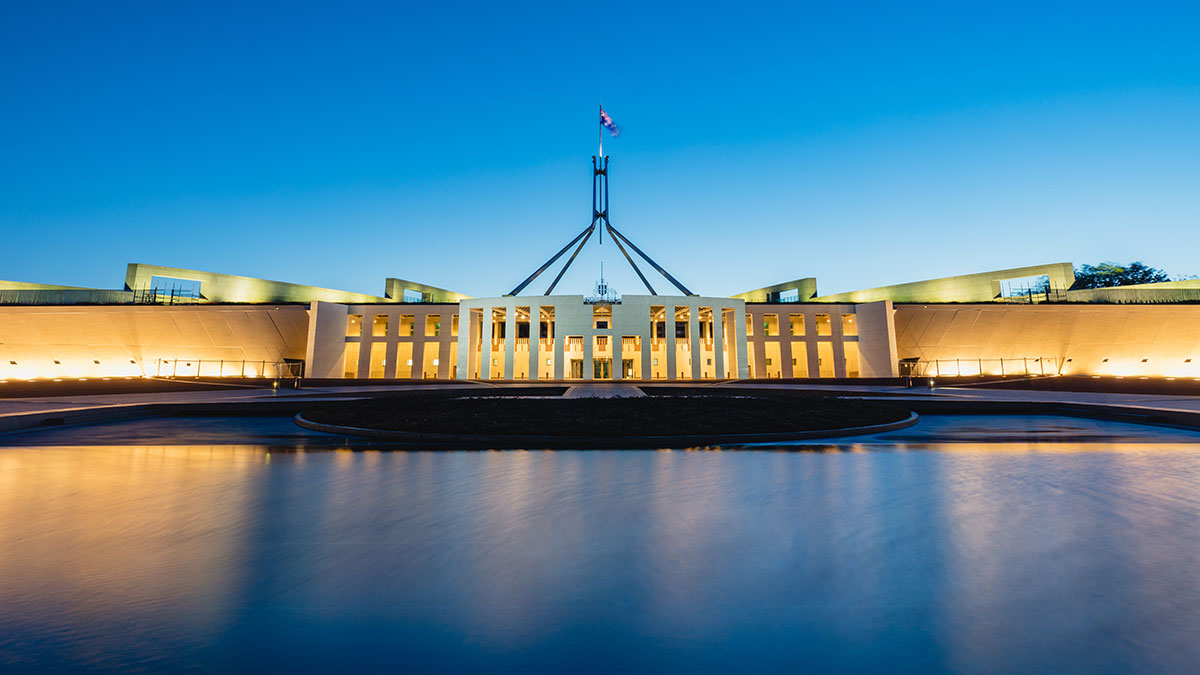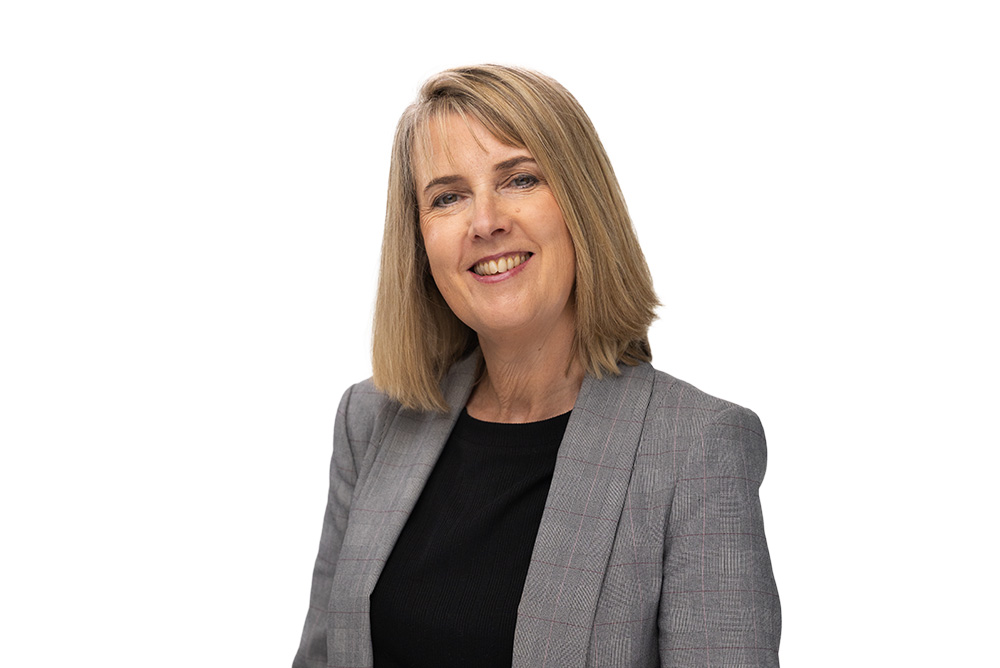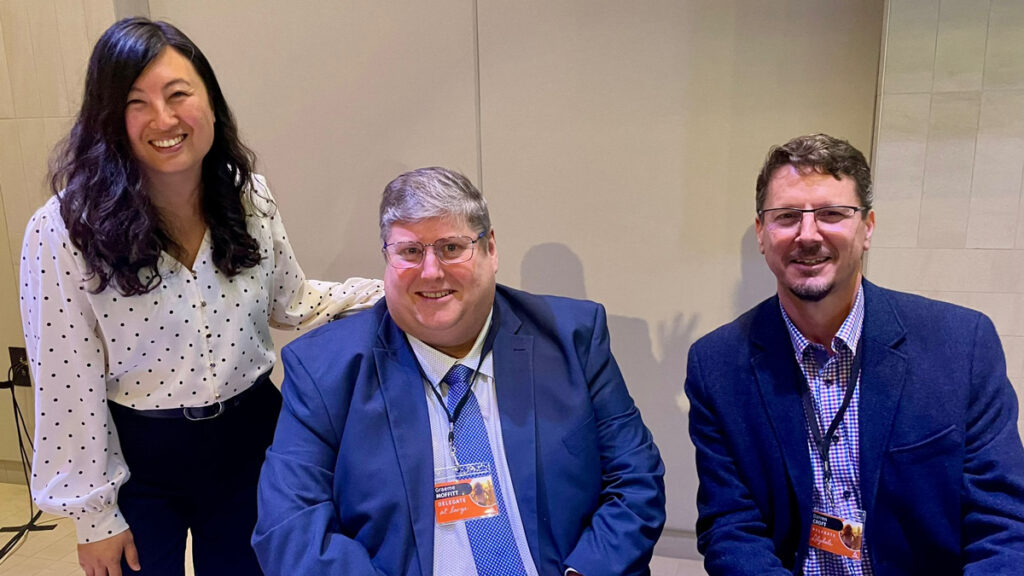Seventh-day Adventist Church leaders in Australia have welcomed the federal government’s draft religious discrimination bill, but say it still needs fine tuning to adequately protect freedom of speech, conscience and religion.
South Pacific Division Public Affairs and Religious Liberty director Ronald Bower represented the Church at the official launch of the bill by Attorney-General Christian Porter in Sydney last Thursday (August 29). Of concern to Mr Bower was a statement made by the Attorney-General that church hospitals and aged-care providers will be categorised as bodies whose primary activity is commercial, which means they will not have the benefit of the bill’s religious freedom protection.
“Although some aspects of a church-based, not-for-profit body’s dealings with the people whom it serves are commercial in character—for example, charging fees for services and prices for goods sold—that should not deprive it of the freedom to act in accordance with its religious faith as it focuses on making people’s lives better, rather than pursuing profit for profit’s sake,” he said.
“This priority is well expressed by the Sydney Adventist Hospital’s website, in which the hospital says that it considers healthcare to be the human expression of Christ’s healing ministry.”
Yesterday (September 4), AUC president Pastor Jorge Munoz joined nine other religious leaders at a roundtable discussion with the Attorney-General in Melbourne. Pastor Munoz said it was a good opportunity to highlight some of the concerns the Church has with the draft bill.
“It was a candid discussion,” Pastor Munoz said. “The Attorney-General was very willing to hear from everybody. It was quite positive.”
Pastor Michael Worker, AUC Public Affairs and Religious Liberty director, said the draft bill is a welcome first step in the reform of religious freedom legislation in Australia, but further clarification is needed in some areas.

“The Attorney-General has delivered a careful and nuanced draft that is a good foundation, however there are a number of areas that still need to be addressed,” he said. “For example, the definition of the term vilify needs to be worded very carefully. If this term is defined poorly, it creates significant risk for faith-based organisations in that they may not be able to speak openly about their beliefs and teachings.”
The draft bill does not address the issue of faith-based schools having the right to employ staff who share their particular faith. This issue is being reviewed separately by the Australian Law Reform Commission (ALRC) as it considers exemptions for religious institutions in current anti-discrimination legislation. The ALRC report has been pushed back to December 2020.
Meanwhile, the AUC is working on a submission in response to the draft religious discrimination bill. The public consultation period closes on October 2.
“I would encourage all of our church members to continue to pray about these important issues and that God will guide the decisions made by our political leaders,” Pastor Worker said.






